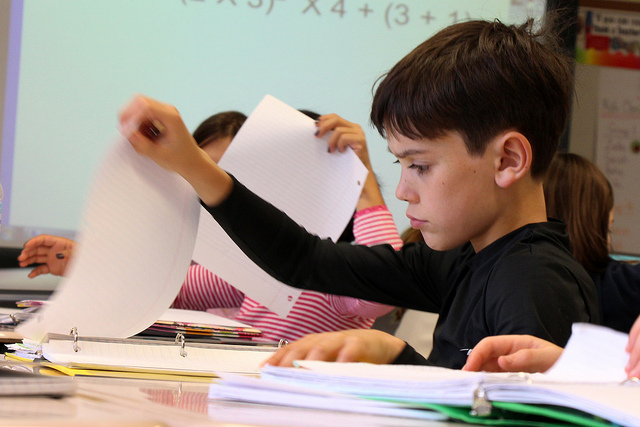So you have a child with slow processing speed. What next?
Finding out your child has slow processing speed might take you a while to process. If you’re not sure what having slow processing speed means for your child or how to even begin to help them, read on.
Your first step is to recognize that slow processing speed in children is not their fault. At times motivation, attention, and persistence do impact how quickly kids process information and complete tasks. But most kids with slow processing speed struggle with it even when they are interested and actively trying to keep up. You may have noticed that bribing your child with snacks or toys has seemed to make them work faster or complete assignments. You may also have noticed that this only worked for a short time before your child was “burned out.”
To help you understand slow processing speed in children, our team at LearningWorks for Kids has begun writing a series of articles about this important and often overlooked issue. The first of these articles, “What is Slow Processing Speed in Children?” is up on the blog right now.
We’ve also made a list of what we feel are some of the best resources on the Web for parents of children with slow processing speed.
Processing Speed Training for Kids: A great list of resources and websites that can help kids work on their processing speeds, while having fun and learning more about it! Take a look and see what activities or sources might be right for your child.
Play Video Games to Think Faster: A great explanation of how video games can improve processing speed, with some examples of how to get started. Have fun and improve your processing speed!
Slow processing speed and how it can affect students: A fascinating video that briefly highlights how a slow processing speed can be seen in students in a classroom. Great for adults, teens, and older children.
Bright Kids Who Can’t Keep Up: Clay Center: A great video that follows three students who have slow processing speeds, and explains how they operate in the classroom and the challenges they face. Great for kids and teens to watch with their parents.
Teacher’s Notebook: While primarily a website for teachers, this website has a variety of great resources and printed activities you can do with your child, to have fun while learning about and improving processing speed!
Do you know of a resource we’ve left off the list? Feel free to tell us about it in the comments. And if you have advice for other parents whose children struggle with slow processing speed, we’d like to hear about that, too.
We’re also asking parents whose children have trouble with transitions about their experiences. Have you found a method that makes transitions easier? Help us help other parents and tell us about it here.
Have a general question of your own about parenting in the digital age? Ask Dr. Kulman here or come talk to us on Facebook. We’d love to hear from you.
Featured image: Flickr user woodleywonderworks




